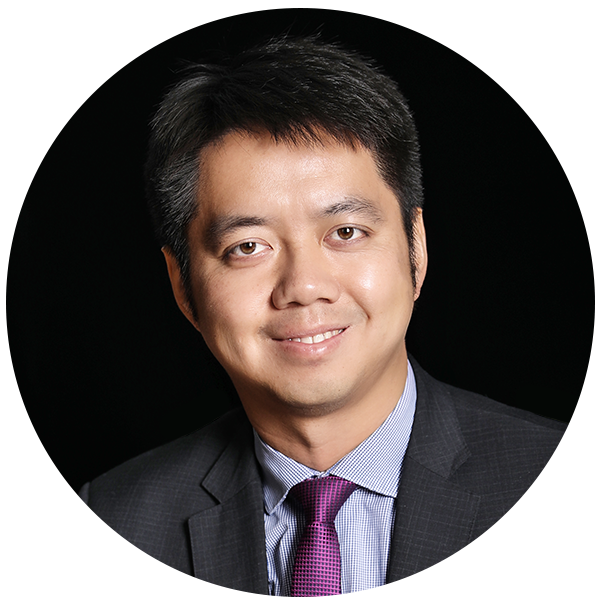I had never thought I could be so close to Iranian President Mahmound Ahmadinejad.
The President, who is depicted by some Western media as the most dangerous man in the world, was not heavily guarded. Nor, from what I saw during my visit to Iran, does he forcibly control the Iranian people.
On Islamic Revolution Day on February 11, Iranians who wanted to attend the rally had to go through four different safety inspections. But accompanied by local diplomats and mingled with the crowd, I wasn't screened at all in the first two inspections and then easily reached a stand approximately 30 meters directly ahead of the platform from where Ahmadinejad would address the crowd.
Ahmadinejad's speech took one-third of the four-hour rally to celebrate Revolution Day. There were hundreds of thousands of people in the audience, but Ahmadinejad delivered his speech directly in front of the crowd, unlike US President Barack Obama, who gave his inaugural address behind protective glass in 2009.
When Ahmadinejad's speech was drawing to its end, I stepped off the stand, moved closer to the President and took pictures of him on my cell phone. Neither the Iranian Revolutionary Guard nor the security guard stopped me.
One year ago, when I walked around the Pentagon in Washington and took pictures of some posters beside the subway station, I was questioned by armed US soldiers three times in less than 10 minutes. They also asked me to show them the photos in my camera.
I majored in world politics in my graduate study and took classes in US politics. I could find numerous pieces of evidence to support that the US is more democratic, freer and more prosperous than Iran. But at the moment I was photographing Ahmadinejad, I concluded that despite all that, he was much safer than Obama.
People in Tehran told me they knew a lot about Ahmadinejad: the street where he lives, the type of his house and what car he drives. One local man even boasted to me that he once saw Ahmadinejad driving a car on the street and he deliberately blocked the President's way.
Three years ago, Obama was widely admired. As the descendant of a Kenyan independence activist and a US liberal academic, he became President only 12 years after he went into politics and realized his "American Dream." But few know that Ahmadinejad is only the son of a blacksmith. Is his success also an "Iranian Dream?"
If we look further, Ahmadinejad is still poor. He doesn't have many savings and refused to live in the luxurious president's residence or use a special plane. He sticks to his campaign slogan to stay with the people, which was why he was reelected in 2009 by 62.63 percent of the vote.
But what about Obama? Can he win the high support he did in 2008 this year? It's hard to say.
I am not a fan of Ahmadinejad. I just want to say something I have seen and heard but that hasn't been reported by Western media I have read before.
I have visited the foreign ministries of many countries including the US, Britain, Japan and also China. All those are carefully guarded. You have to get permission to enter and are not allowed to wander inside. But this is different in Iran.
Iran's Foreign Ministry consists of nine buildings. I didn't see any security guards. You could take photos casually.
From the perspective of "universal values," people have many reasons to criticize Iran for tis irrationality. But where do they get such an impression and have they been to Iran themselves?
Even in the information era, our views are not comprehensive. We are too dependent on those powerful sources of information, but what are the sources?
In a shopping mall in Tehran, we saw many dazzling goods. This is a rare scene 30 years after US sanctions began against Iran.
A friend in our delegation said with emotion "Iran is better than North Korea!" I asked him, "Why do you compare Iran with North Korea?" He replied, "Why not? Aren't they both US enemies?"
The author is an editorial writer and chief opinion editor at the Chinese edition of the Global Times. wangwen@globaltimes.com.cn


